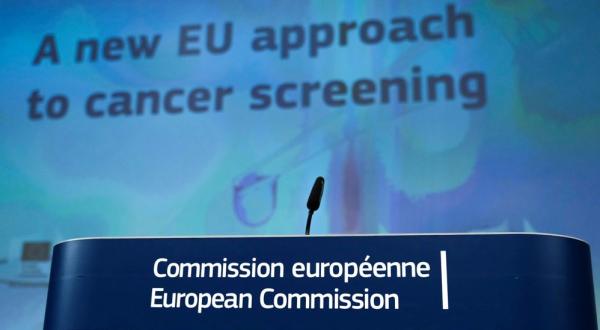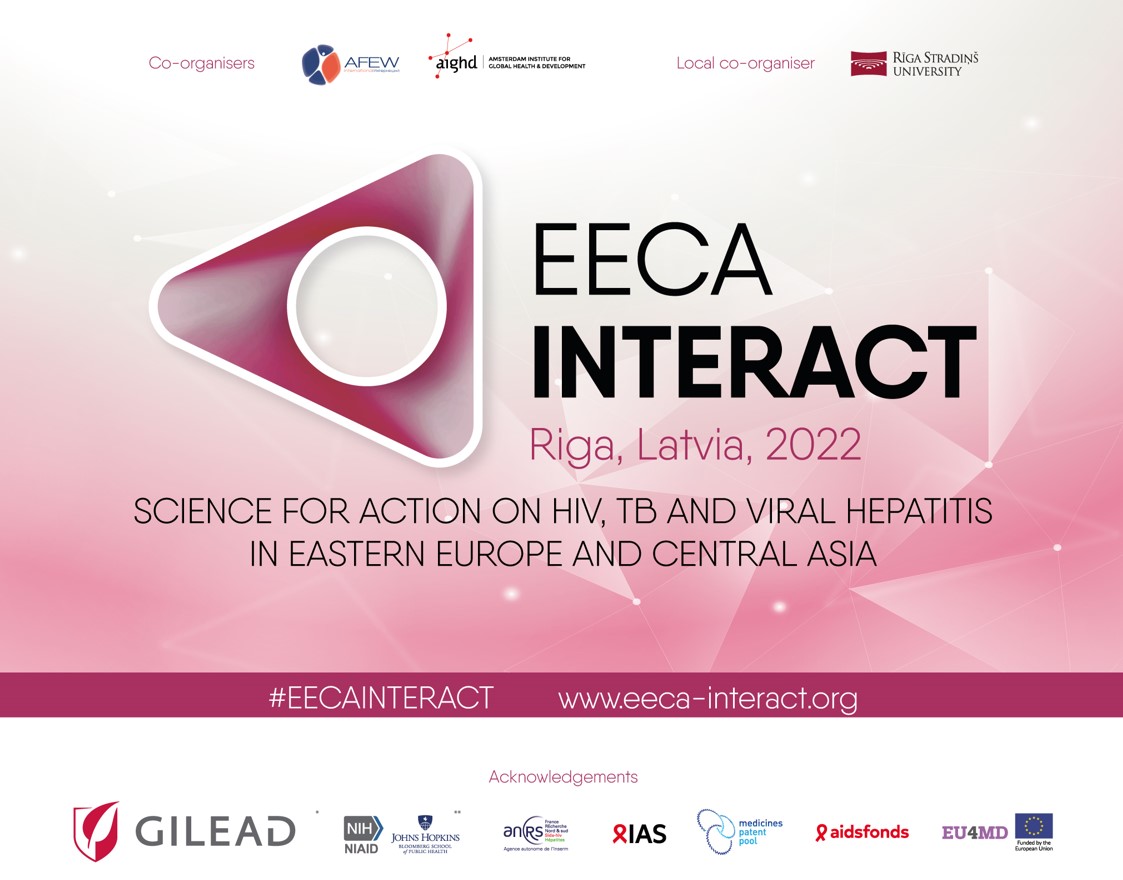International Conference on the Transmission and Treatment of HIV, Tuberculosis, and Viral Hepatitis will Be Held in Riga
The international scientific workshop EECA INTERACT will take place at the Bellevue Park Hotel in Riga on 13 and 14 December. The aim of the conference is to strengthen scientific capacity and transnational cooperation in controlling HIV, tuberculosis, and viral hepatitis. This year, its topic is “Science for Action on HIV, Tuberculosis and Viral Hepatitis in Eastern Europe and Central Asia”.
The workshop is organised by Rīga Stradiņš University (RSU), the Amsterdam Institute for Global Health and Development, and AFEW International, a Dutch non-governmental organisation dedicated to strengthening public health and promoting access to treatment in developing countries.
The scientific workshop will bring together public health and virology experts from all around the world. Among them will be Prof. Catherine Hankins, Deputy Director at the Amsterdam Institute for Global Health and Development, Prof. Michel Kazatchkine, Advisor to the World Health Organisation (WHO), Course Director of the Graduate Institute of International Affairs and Development Studies, Assoc. Prof. Anda Ķīvīte-Urtāne, Director of the RSU Institute of Public Health, Stefan Baral, Professor at Johns Hopkins School of Public Health and other experienced researchers.
At the workshop, participants will discuss the spread of HIV, tuberculosis, and viral hepatitis in Eastern Europe and Central Asia, the effectiveness of drugs in treatment, the legal and sectoral policy framework for disease reduction, the latest scientific developments, and examples of good practice. A separate session will be devoted to the impact that the war has had on public health in Ukraine, assessing the prevalence of diseases among the refugees of war.
‘The workshop has two equally important tasks. The first is to strengthen research capacity and raise the scientific bar in Eastern Europe and Central Asia. The second is a reminder that HIV and similar diseases have not disappeared at a time when all efforts and resources are basically devoted to fighting COVID-19.
If we forget the threat of HIV and the fact that Latvia is second in Europe in terms of the number of new HIV cases per capita. An HIV outbreak could be next.
Moreover, according to survey data, 78% of our country’s population believe that HIV does not concern them. This is alarming and dangerous,’ explains Anda Ķīvīte-Urtāne, Associate Professor at RSU.
More information on the programme, participants, and application guidelines
Related news
 From Data Harmonisation to Artificial Intelligence: EUCanScreen Modernises Cancer Screening Across EuropePublic Health, International Cooperation
From Data Harmonisation to Artificial Intelligence: EUCanScreen Modernises Cancer Screening Across EuropePublic Health, International Cooperation



